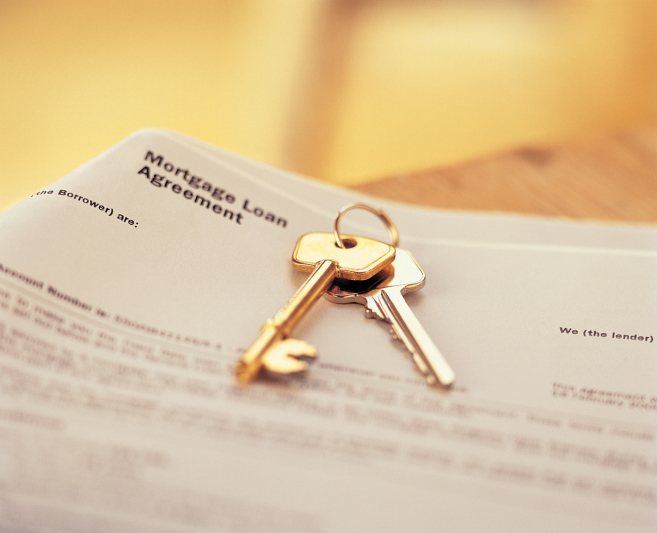Buying for the First Time? The Ultimate Guide to Surviving the Mortgage Process
 If you have heard nightmarish stories from friends and family members about the home mortgage application process, you are not alone. In fact, some of these stories may have even been a reason why you have held out on moving forward with your plans to purchase your first-home. While some have indeed had unpleasant experiences, the fact is that there is nothing to be intimidated about. When you follow a few easy tips, you can streamline the process and navigate through it with minimal effort or stress.
If you have heard nightmarish stories from friends and family members about the home mortgage application process, you are not alone. In fact, some of these stories may have even been a reason why you have held out on moving forward with your plans to purchase your first-home. While some have indeed had unpleasant experiences, the fact is that there is nothing to be intimidated about. When you follow a few easy tips, you can streamline the process and navigate through it with minimal effort or stress.
Find The Right Mortgage Professional To Work With
One of the best steps that you can take when applying for a mortgage is to choose a friendly, knowledgeable and experienced mortgage professional. Do not be afraid to ask the loan officer how long he or she has been working in the field and with the current company. They want your business, and they should be more than willing to answer your questions. More than that, pay attention to how easy it is to get ahold of them and how quickly they respond to your questions and concerns. If you cannot get a fast response up-front, you likely will not get one when you are in the middle of the loan process.
Ask Questions As Needed
As a first-time mortgage applicant, it is important that you understand as much as possible about your application and your mortgage. If you have any questions about closing costs, payment adjustments, the general loan process, how to verify your earnest money deposit or anything else, you should ask. A friendly mortgage professional will be more than willing to answer all of your questions as needed to ensure that you are a confident and informed borrower. You never should worry about a matter, and you simply have to ask the questions to get the answers you need.
Respond To Inquiries For Information Promptly
During the loan process, your lender will ask you for specific items. This may be your signature on their loan documents, a loan application, tax returns, pay stubs and other related financial documentation. The loan process may be on hold until you respond to those requests for information. Keep in mind that the loan process and underwriter will need to review the items, and some items may trigger the need for more documentation. For example, if you have a large deposit on a bank statement, the lender may request more information about this.
You may be stressed and even fearful about the mere thought of applying for a mortgage, but rest assured that many people successfully navigate through the process with minimal stress or fanfare. Your mortgage broker or lender is committed to helping you get the loan you need, and you can easily reach out to a friendly, experienced lending professional today to begin learning more about the loan programs that may be right for you.

 The decision to buy a second home may be made for a number of reasons. For example, you may have a destination where you and your family love to spend free time in, and you may be ready to settle into your own space in this location. You may considering the tax benefits associated with a second home, and you may even have plans to live in the home as your primary residence after you retire.
The decision to buy a second home may be made for a number of reasons. For example, you may have a destination where you and your family love to spend free time in, and you may be ready to settle into your own space in this location. You may considering the tax benefits associated with a second home, and you may even have plans to live in the home as your primary residence after you retire. Renting a home is a good option for some, but buying a home just might be the best thing for you. When you rent a home, you send money to someone else every month in exchange for knowing that you can call on your landlord when the roof leaks, an appliance stops working or your bathroom faucet breaks.
Renting a home is a good option for some, but buying a home just might be the best thing for you. When you rent a home, you send money to someone else every month in exchange for knowing that you can call on your landlord when the roof leaks, an appliance stops working or your bathroom faucet breaks.